Floris Roelofsen
It is fascinating that by producing a sequence of sounds, gestures, or written symbols people can successfully communicate highly complex ideas and subtle feelings. How does that work?
Linguists, philosophers, cognitive scientists, and computer scientists have made tremendous progress in addressing this question. And insights emerging from these investigations have led to many practical applications in language technology and education.
However, more attention has been paid to certain forms of communication than to others. The truth-conditional content of declarative sentences has been investigated in much greater depth than the semantic content of other sentence types, such as questions. Spoken languages have been studied much more extensively than signed languages. My research interests center on these lesser explored forms of communication.
How should theories of meaning be generalised beyond truth-conditional content?
And what can we learn about communication by looking beyond spoken languages?
Current projects: Language Sciences for Social Good (2023-2028), Questions in Sign Language (NWO VICI 2021-2026), SignBank (SSH Digital Infrastructures 2022-2024), MECORE (AHRC/DFG 2021-2024), Sign Beach (UvA Responsible Digital Transformations 2023-2025), ZIN in NGT (UvA-Auris 2023-2027), Active Learning for Sign Language Processing (Google Award for Inclusion Research 2023-2024).
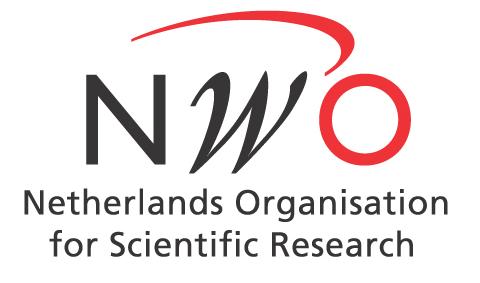
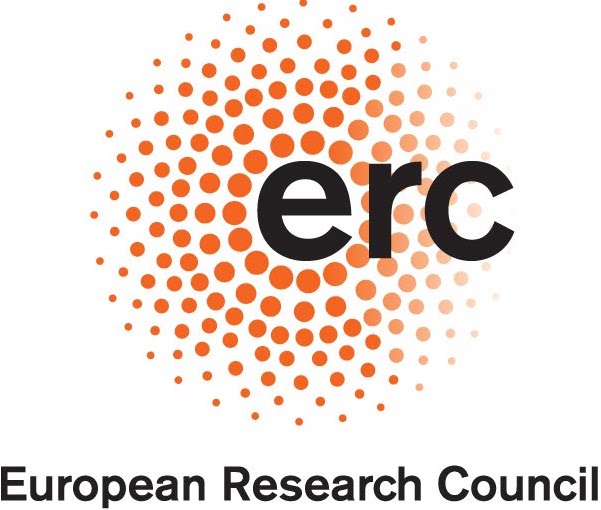
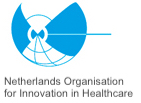
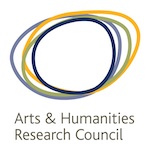
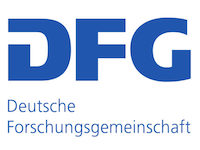
News
Recent grants
October 2023: Together with Eric Nalisnick (Johns Hopkins University), I have received a Google Award for Inclusion Research for a one-year project developing new machine learning strategies for Sign Language Processing.
May 2023: As part of its Responsible Digital Transformations initiative, the University of Amsterdam has funded our Sign Beach project. The project will start in 2023/2024 and will run for two years. Together with Prowise, we will create a game for children to acquire the basic vocabulary of Dutch Sign Language (NGT). The game will become available to more than 300.000 children in the Netherlands as part of an online learning environment used at many primary schools. This will not only contribute to increased familiarity with NGT in Dutch society, but will also provide a unique window into how children learn a visual language like NGT.
December 2022: UvA commits to a long-term investment in the research programme Language Sciences for Social Good that I have initiated and lead. In 2023, we will be able to hire two Assistant Professors, four PhD researchers, and a scientific programmer. AURIS, TNO, IXA, and the Municipality of Amsterdam will co-finance the PhD projects. UvA will also make the necessary infrastructure available, in particular a high-end motion capture lab to investigate visual communication.
September 2021: PDI-SSH Grant for a 3-year project to improve infrastructure (corpora and annotation tools) for research on Dutch Sign Language.
April 2021: Vici Grant from NWO for a 5-year project on the form and interpretation of questions in sign language.
November 2020: AHRC/DFG grant for a 3-year project on meaning-driven combinatorial restrictions in clausal embedding, together with Wataru Uegaki (Edinburgh) and Maribel Romero (Konstanz).
Book
Inquisitive semantics
Ivano Ciardelli, Jeroen Groenendijk, and Floris Roelofsen.
Oxford University Press, 2018.
download pdf
get hardcopy
Recent interviews in popular media
Brengt avatar doven en horenden dichter bij elkaar?
TV item, 10 minutes, in Dutch.
Gebarentaal avatars: een blik op de toekomst
Woord en Gebaar interview, 5 minutes reading, in Dutch.
What happens if you grow up without language?
ILLC blogpost, in English.
Dove kinderen en hun ouders hebben meer gebarentaalaanbod nodig
VHZ interview, 10 minutes reading, in Dutch.
Taalwetenschapper pleit voor meer aandacht voor dove kinderen
TV news item, 4 minutes, in Dutch.
Leer dove kinderen en hun ouders gebarentaal
Radio interview, 57 minutes, in Dutch.
Recent talks
Sign Language Avatars
World Passenger Fest, Amsterdam, October 2022
SignLab
Opening of the Humanities Labs, Amsterdam, November 2022
Computational methods for sign language research
Amsterdam Lectures in Artificial Intelligence and Society (ALiAS), January 2023
Polar questions in Sign Language of the Netherlands
Utrecht University, Linguistics Department Colloquium, January 2023
Polar questions in Sign Language of the Netherlands: the role of headshake
Formal and Experimental Advances in Sign Language Theory, Bergen, Norway June 2023
Facial animations as support for speech comprehension
Media4All, Antwerpen, Belgium July 2023
Measuring facial expressions with a depth sensing camera
SLIN workshop, Antwerpen, Belgium September 2023
Short Bio
Main appointments
2023 Professor. ILLC, Amsterdam
2015-2023 Associate Professor. ILLC, Amsterdam
2013-2015 Assistant Professor. ILLC, Amsterdam
2010-2013 Postdoc. ILLC, Amsterdam
2009-2010 Vis. Assistant Professor, UMass Amherst
Visiting appointments
2015 (1 mth) CSLI, Stanford.
2012 (3 mth) Linguistics, UC Santa Cruz
2011 (3 mth) Linguistics, UC Santa Cruz
2006 (6 mth) Computer Science, Harvard
Main personal grants
2021 NWO VICI Grant (1500k euro)
2016 ERC Starting Grant (1400k euro)
2015 NWO VIDI Grant (800k euro)
2012 NWO VENI Grant (250k euro)
Publications
1 textbook
> 20 top-tier journal articles
> 30 top-tier conference articles / book chapters
> 4000 citations (see Google Scholar)
Teaching
> 15 courses at ILLC Amsterdam
2 courses at UMass Amherst Linguistics
1 course at Harvard Computer Science
3 mini-courses at San Diego, Göttingen & Beijing
5 courses at international summer schools
Advising
6 Postdocs
6 PhD students
> 10 Master thesis projects
> 10 Bachelor thesis projects
Editorial work
Associate Editor, Journal of Semantics, since 2018
3 special issues (Synthese, Topoi, Glossa)
5 conference proceedings and 1 festschrift
Frequent reviewing for journals and conferences
Service
Served on several NWO selection panels
Organized 5 international conferences
Organized 8 international workshops
Built the inquisitive semantics website
